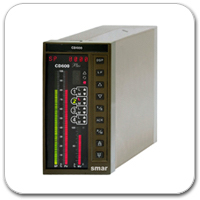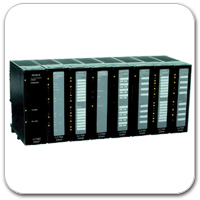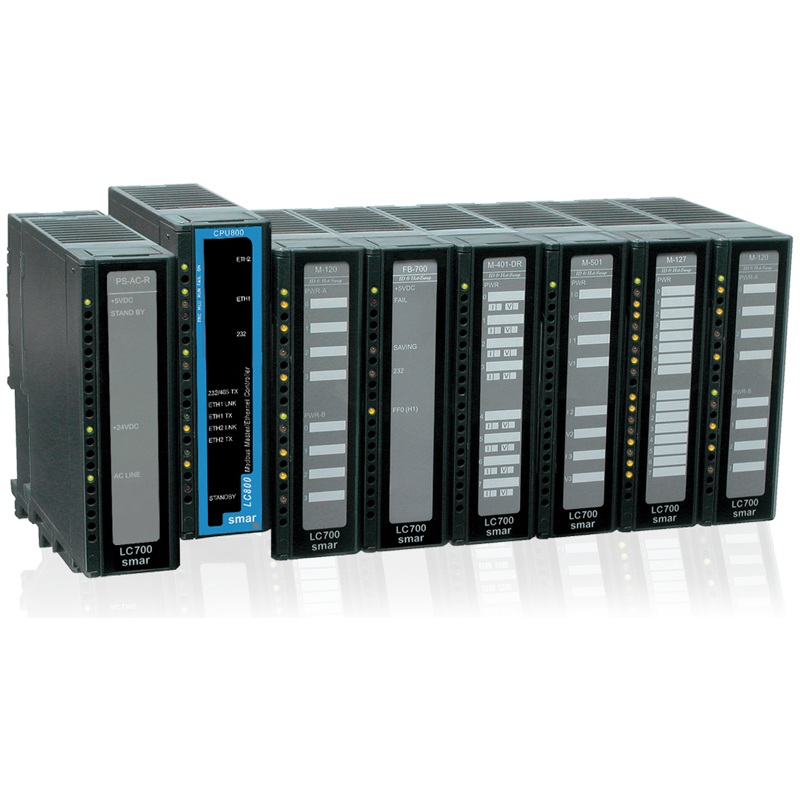The LC800 is the eighth generation of SMAR controllers, and our accumulated experience in various industries is reflected in this controller. It is recommended for the most diverse installations, simple and complex, and in a wide range of industries such as petrochemical, water treatment, pharmaceutical, food, sugar, power generation, steel and others.
LC800 is a controller with Modbus-HSE protocol that provides high connectivity and application flexibility to the system. It allows a unique, centralized and integrated system with I/O, HART protocol and Modbus devices, performing discrete and analog control via ladder logic. The two Ethernet channels ensure high availability of control, deterministic peer-to-peer communication between CPUs and supervision, supporting redundancy, providing the process with a high level of security






